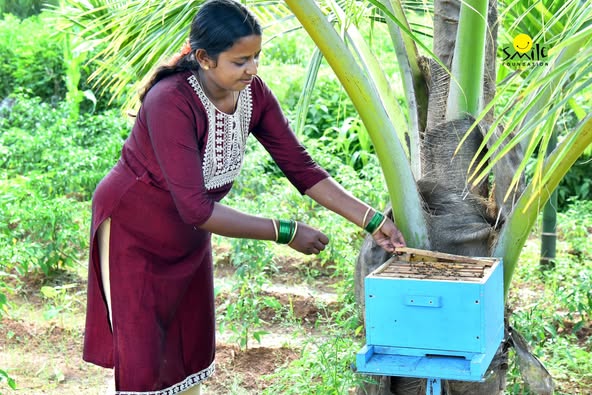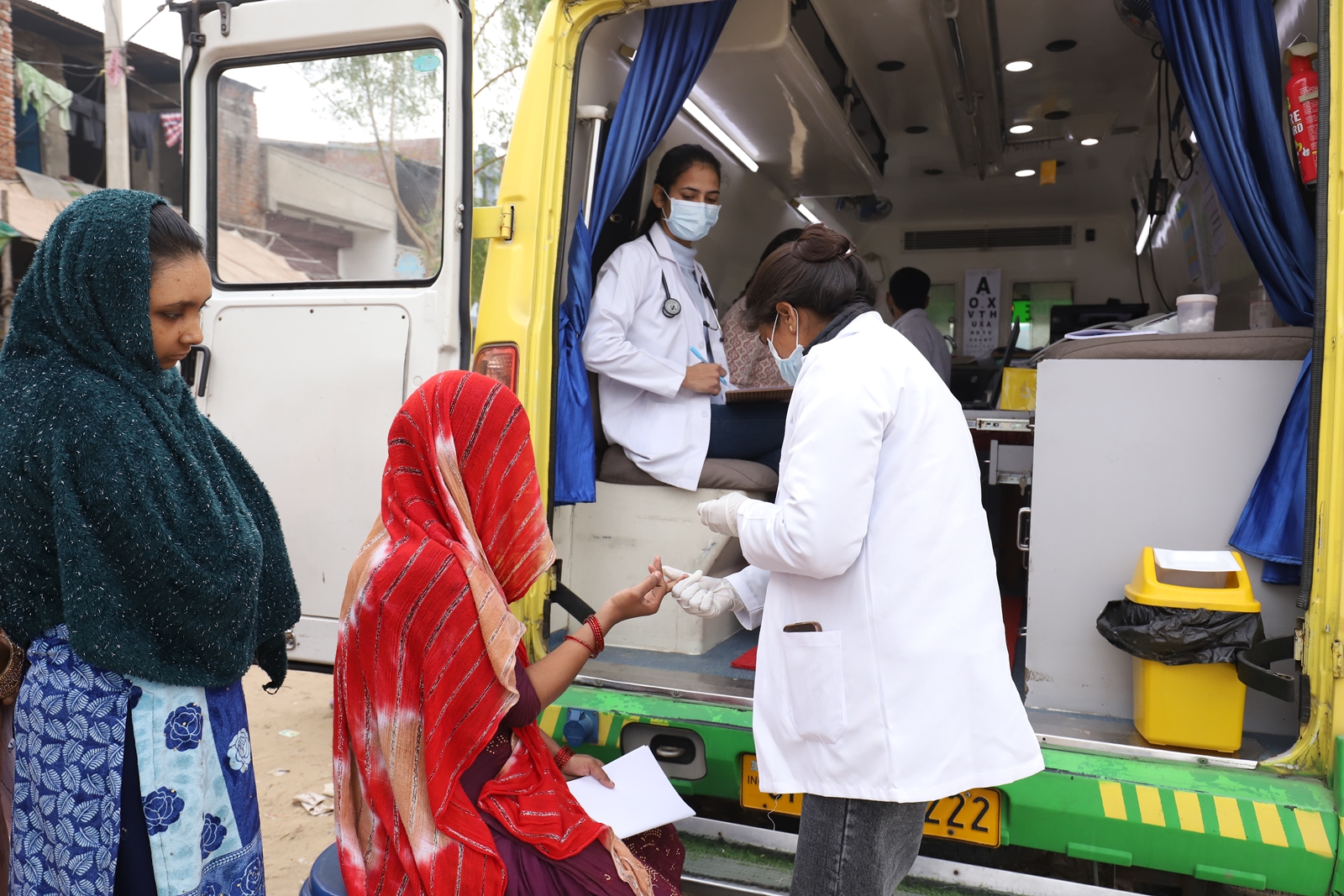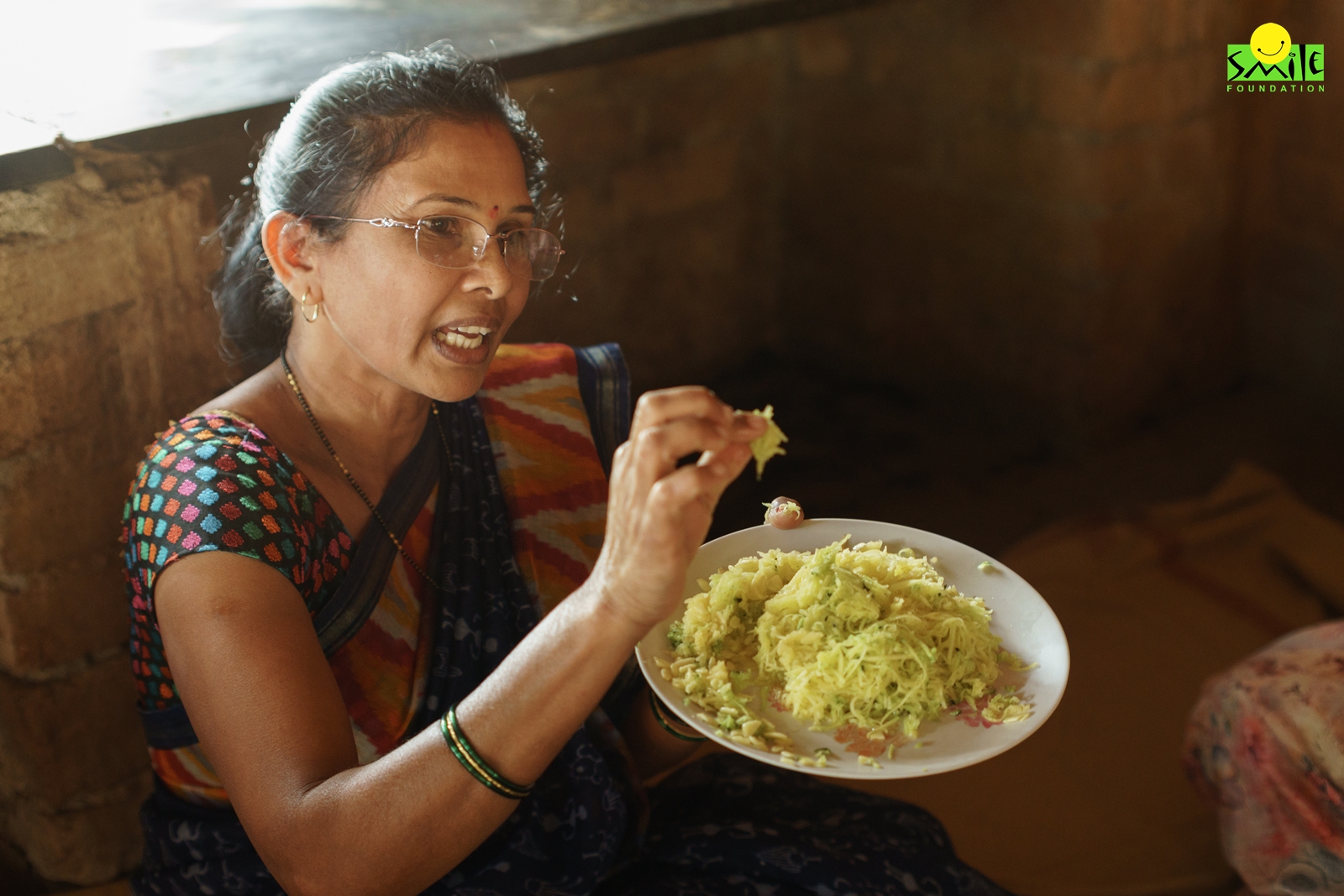Forcing girls to marry is a grave violation of their human rights. Every day, children are coerced into marriage against their will. According to UNICEF’s most recent estimates, South Asia has 290 million child brides, the greatest number in the world, accounting for 45 percent of the total. Despite significant progress in lowering child marriage in recent years, the COVID-19 pandemic, economic shocks and conflict have all slowed development even more.
Child marriage is the result of a varied and complicated set of factors that vary across communities, regions, and, on occasion, even within the same country. The most frequently cited reasons for child marriages are conventional social and religious norms, gender roles, financial issues and concerns regarding women’s sexuality.
Child marriage significantly undermines the development and well-being of girls by depriving them of education, health, freedom, rights and social status. Girls are susceptible to early pregnancy and sexually transmitted diseases, such as HIV and AIDS. The lasting impact of this violation on the young girls, who are at the heart of this tragic situation, is noteworthy. Let us delve into this further.
Loss of Learning
Girls are frequently compelled to prioritise household chores and family responsibilities. The value of education for girls beyond the primary level has not been internalised by parents. Parents are of the opinion that girls will not benefit from additional education, as they will be occupied with domestic duties at their in-law’s residence. Even when parents were eager to send their daughters to school for secondary and higher education, fears about the girls’ safety, along with the school’s remote location and transportation issues, served as impediments to education.
Dropping out of school means missing opportunities to study, acquire skills and pursue aspirations. This makes it harder to find stable, well-paid work, live independently, and establish a better future to lift families out of poverty. Lack of education can make girls financially reliant on their husbands, keeping them in poverty and dependence. With education, girls acquire the knowledge and confidence to make key life decisions on their own.
Sexual and Reproductive Health Complications
Child brides have poor health outcomes for both the mother and her child. When girls marry, they are sometimes pressured to have children as soon as possible. However, their bodies and minds aren’t ready for pregnancy and becoming a mother.
They miss out on information regarding their sexual and reproductive health and rights. When they marry older men, it might be difficult for them to express their wishes, especially around contraception and family planning. They are also unfamiliar with taking care of themselves and their children after childbirth, such as monthly check-ups.
Pregnancy is riskier when the mother is still a child herself. She is more likely to experience difficulties such as miscarriage, stillbirth, maternal death and the development of chronic, severe health disorders. Post childbirth she herself may not be capable enough to look after herself and the child.
Risk of Domestic Violence
Girls who marry before the age of 18 are vulnerable to physical, sexual and emotional abuse by their spouses. Sexual violence has a significant negative influence on the emotional, mental and physical health of young girls. They lack the information and empowerment that education provides to help them fight such conditions. They lack the confidence and resources to help them exit abusive environments.
Mental Health Suffers
When girls marry, they are generally subject to their husband’s authority. Many are constantly monitored and are typically cut off from their families and support networks. Instead, they are limited to the home, where they care for children, do household duties and meet the requirements of their husband’s family. This isolation may cause anxiety, stress and fear. Many accept their seclusion and dependency, and pass it on to their daughters as they grow up, perpetuating an ongoing pattern of child marriage and dependency.
Loss in Skills
An early marriage has a negative impact on a young girl’s skills. A girl child’s shattered mental and emotional state, combined with an absence in education, leaves her incapable and lacking confidence. She is unequipped to participate in activities that will help her become financially independent. A young mother’s poor economic and health consequences are inevitably passed on to her children.
Loss of Independence
Child brides are forced into dependence when they are married off at a young age. They end up with domestic obligations and rely on their partner for everything. Decisions regarding her own and her child’s health, as well as the development of the family, are not prioritised. With their education being interrupted they lack the ability to make sound choices about their own and their families’ lives. A severe cycle of poverty is put in motion as a result of girls being forced into early marriages and denied access to education.
So, child brides endure significant loss.
Smile Foundation’s She Can Fly campaigns enable and empower girls and children to study and become self-reliant. They offer hope of a brighter future and better life.









